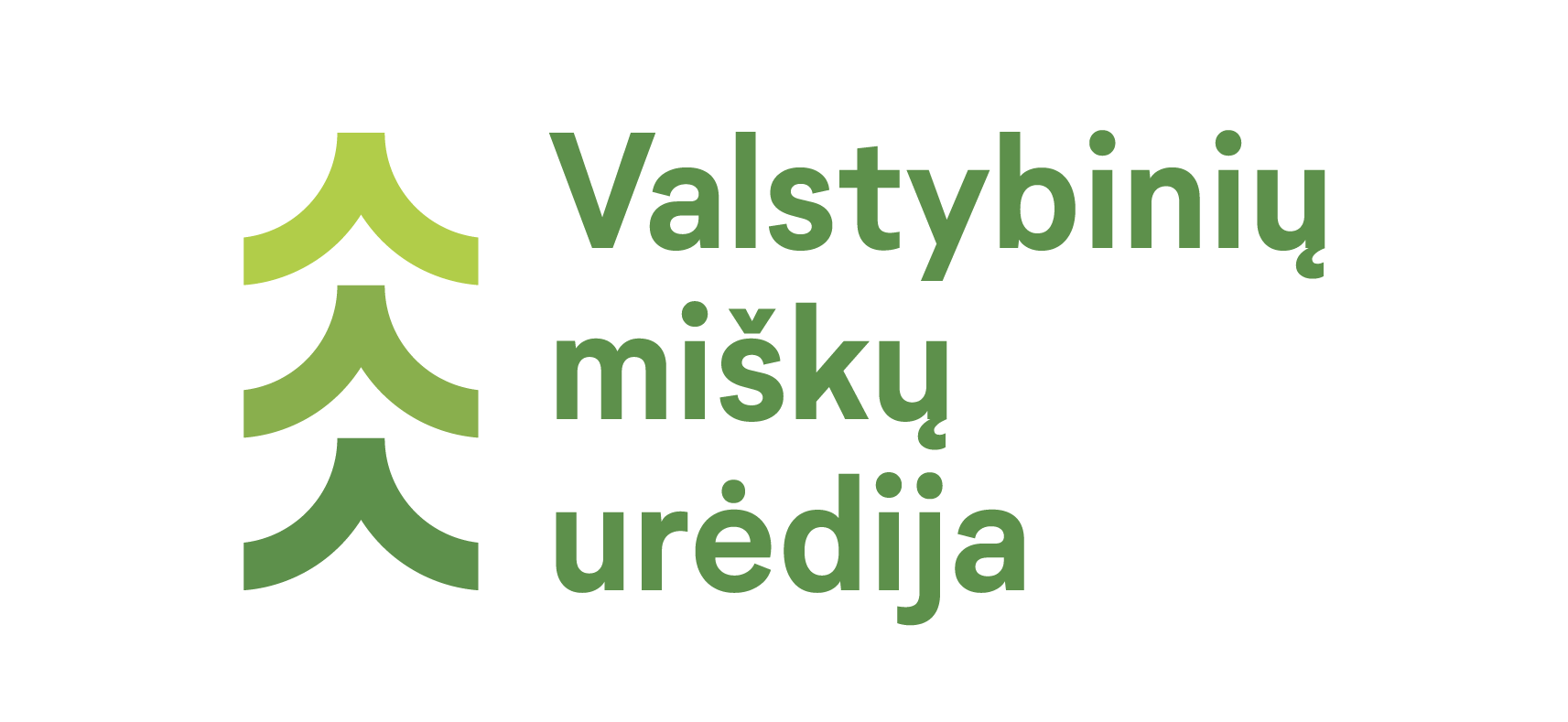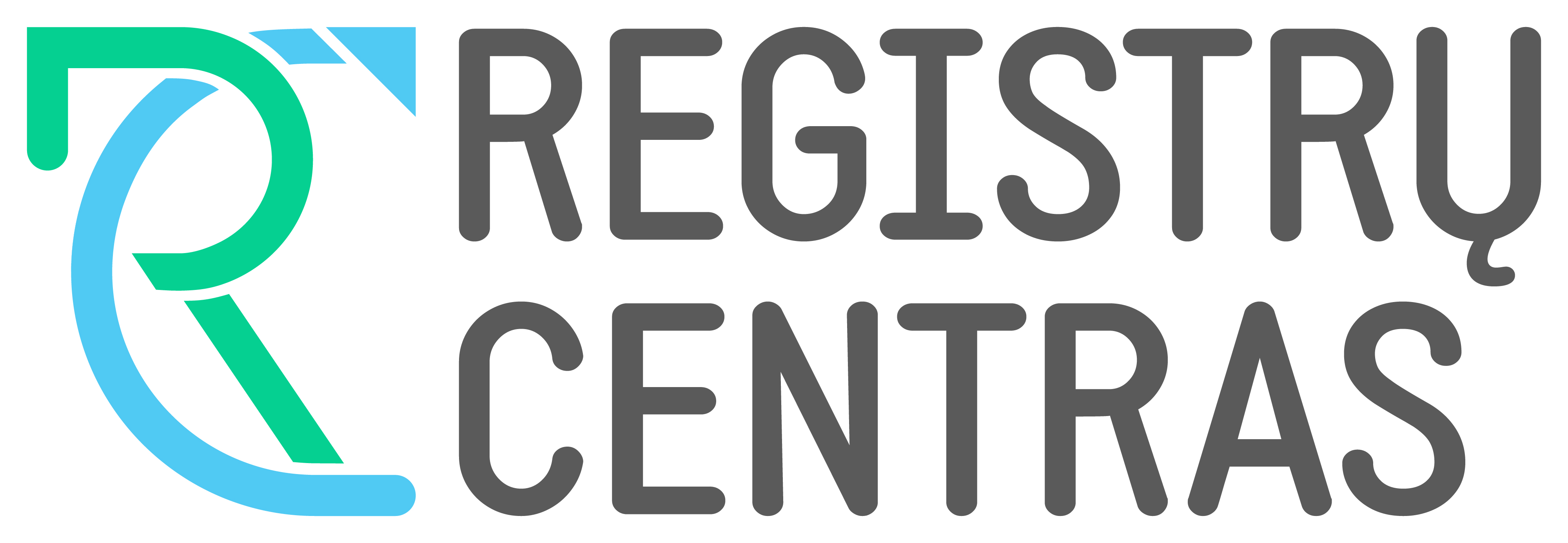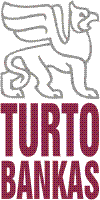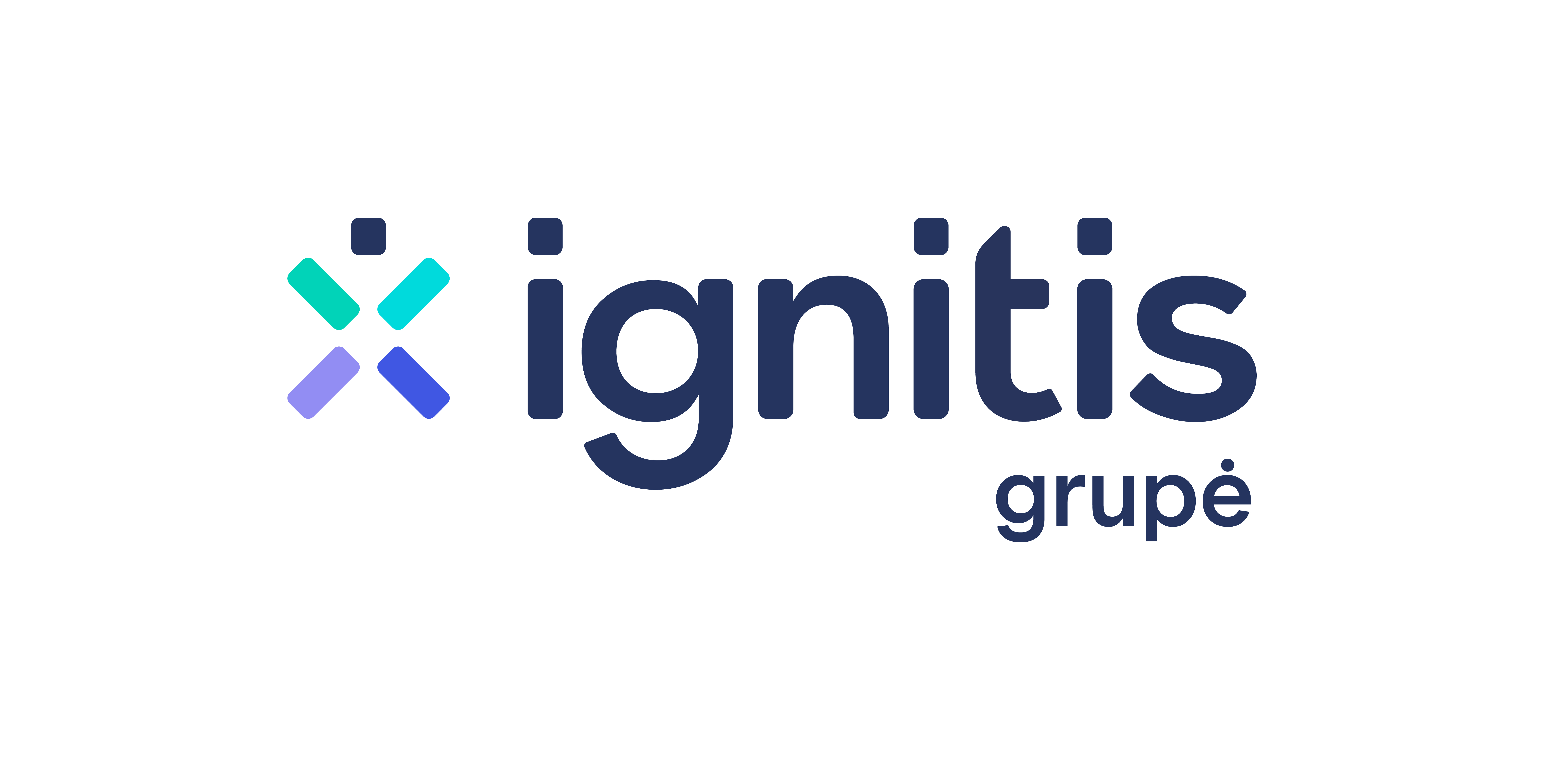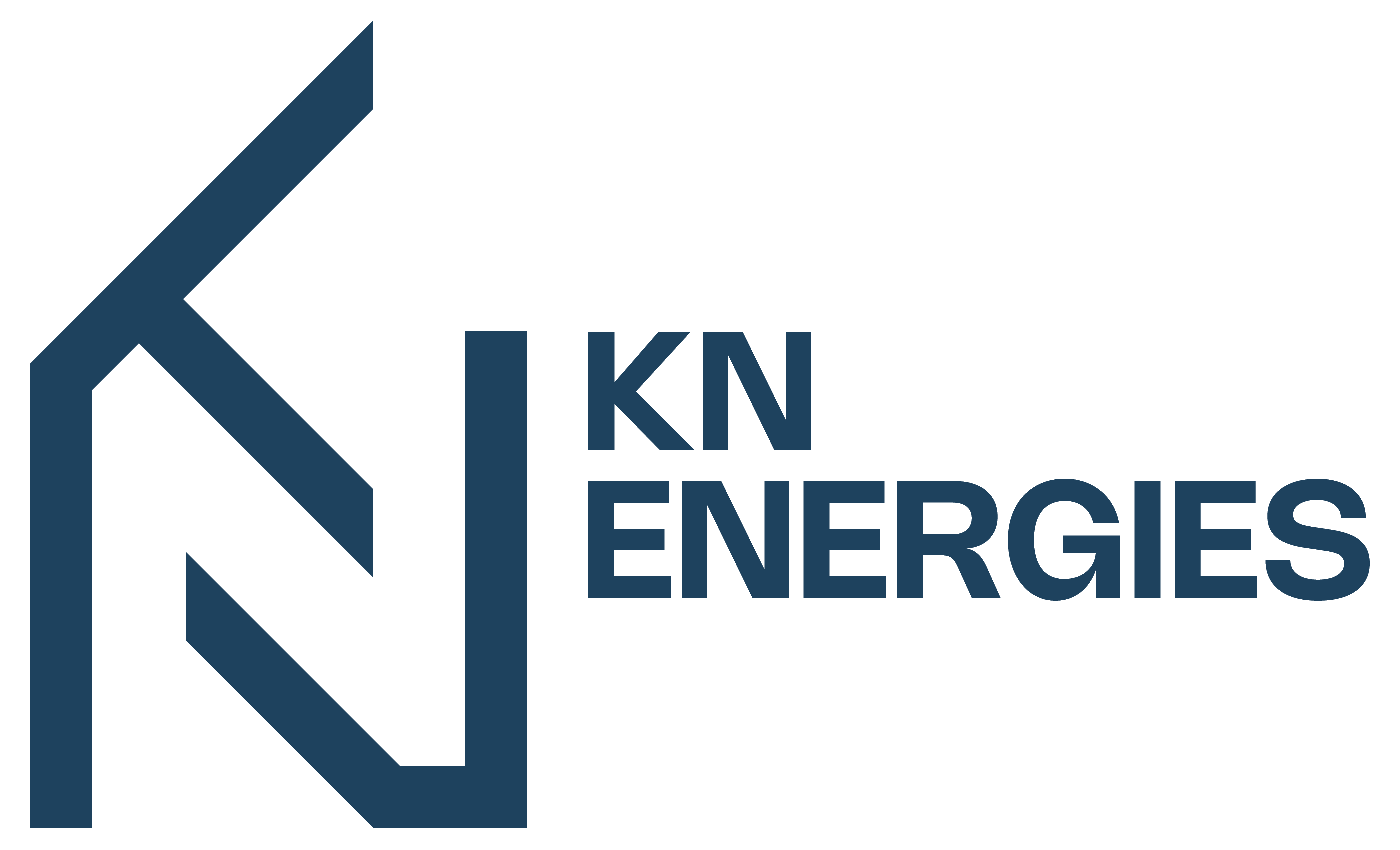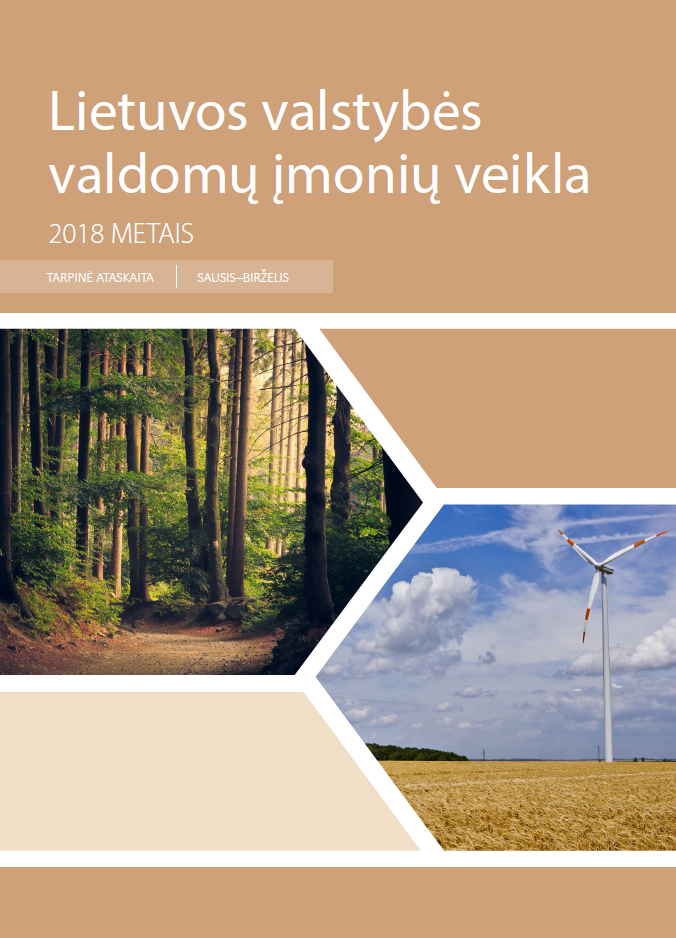 The performance across the state-owned enterprise (SOE) portfolio saw an improvement during the first half-year in 2018. Sales revenue, which reached almost EUR 1.4 billion, grew by over 10% if compared to the performance in the first half-year of 2017. The rise in the operating profit was even more pronounced and reached 48.3%. As stated in the report on SOE activities for the first half-year of 2018 drawn up by VšĮ Stebėsenos ir prognozių agentūra, in the first six months of this year, the companies earned EUR 150 million in normalised net profit, while their estimated market value rose by 1.3% and reached EUR 6 billion.
The performance across the state-owned enterprise (SOE) portfolio saw an improvement during the first half-year in 2018. Sales revenue, which reached almost EUR 1.4 billion, grew by over 10% if compared to the performance in the first half-year of 2017. The rise in the operating profit was even more pronounced and reached 48.3%. As stated in the report on SOE activities for the first half-year of 2018 drawn up by VšĮ Stebėsenos ir prognozių agentūra, in the first six months of this year, the companies earned EUR 150 million in normalised net profit, while their estimated market value rose by 1.3% and reached EUR 6 billion.
The fastest growth rates continued to be demonstrated by the transport and communications sector companies, which earned EUR 379 million in sales revenue (7.4% more than during the same period in 2017), while the normalised net profit of the companies part of this sector, which stood at nearly EUR 46 million (only slightly more than EUR 19 million in the first half-year of 2017), represented over 30% the performance across the entire portfolio. This resulted in a leap of the return on equity for the past 12 months rising from 3.8% to 5.2%. This was mainly down to the performance achieved by AB Lietuvos geležinkeliai Group, AB Lietuvos paštas Group and VĮ Oro navigacija,” maintained the Director of VšĮ Stebėsenos ir prognozių agentūra, Vidas Danielius.
Despite a 12.9% rise of the sales revenue in the energy sector, the normalised net result fell by 6.2% and amounted to EUR 74 million, which makes up nearly half of the total normalised net profit of the SOE portfolio. The decline was a result of lower tariffs for energy and gas transmission services to the users of the systems as applicable since the beginning of 2018.
The improvement of the performance of VĮ Valstybinių miškų urėdija, which has been operating since the beginning of 2018 and had been established following the reorganisation of 42 regional forestry enterprises and VĮ Valstybinis miškotvarkos institutas, gave a boost to the performance across the portfolio; the normalised net profit of this sector grew from EUR 15 million to EUR 22 million, whereas the estimated market value reached EUR 1.3 billion.
The performance of the other corporate sector, which accounts for the lowest share in the overall SOE portfolio, also saw an improvement. Its normalised net profit, which grew by 56.8, added almost EUR 9 million to the SOE portfolio.
“The greater contribution to the state budget made by the state-owned enterprises was mainly attributable to the replacement, as part of the implementation of the proposals made by the Organization for Economic Cooperation and Development (OECD), of political appointees on the boards of directors with professional board members, who brought along more transparency and managerial expertise. Nonetheless, the nomination process of independent board members is yet to continue to be developed to involve staff selection agencies. This will not only enable transparent selection process, but also help actively search for board members choosing them not just from the applicants, but offering the positions to professionals, who would fit the post according to their competence, too. In addition, independent board members could be more actively involved in the nomination of executives at state-owned enterprises,” says the Minister of Economy, Virginijus Sinkevičius.
Vidas Danielius, the Director of VšĮ Stebėsenos ir prognozių agentūra, which undertakes the functions of the Governance Coordination Centre, adds that the improving corporate performance is also demonstrated by the results of the detailed evaluation of corporate governance practices carried out for the second subsequent year.


